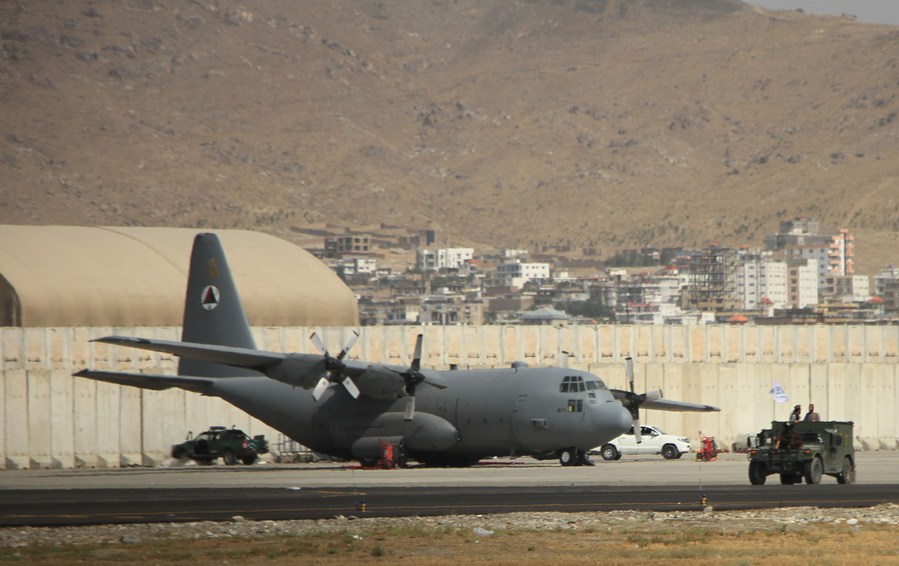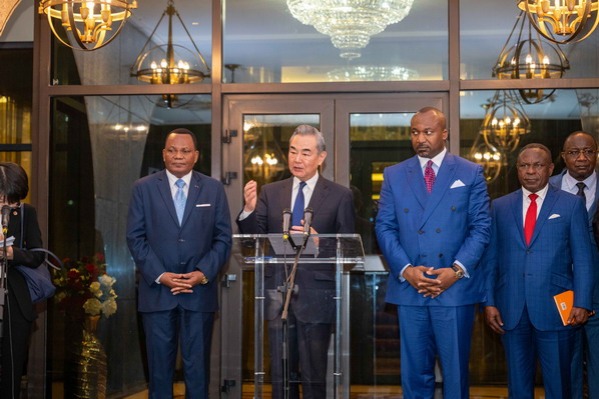Strategic misjudgments, military interventions doom US 'war on terror' after 9/11


'ENDLESS WARS' COST US MUCH MORE
"The damage done by Al-Qaeda pales compared to the damage we did to ourselves," Joseph S. Nye, dean emeritus of Harvard University's John F. Kennedy School of Government, told Xinhua in a recent interview.
By some estimates, nearly 15,000 American military members and contractors were killed, and the economic cost of the wars following 9/11 was more than 6 trillion US dollars. "Adding to this, the numbers of foreign civilians killed, and refugees created, and the costs were enormous," Nye said.
"The opportunity costs were also large. When (then) President Barack Obama tried to pivot to Asia -- the fastest growing part of the world economy -- the legacy of the global war on terror kept the US mired in the Middle East," Nye said.
"It is a mixed bag and our approaches initially were very costly, and the Middle East remains a mess. But the homeland has been fairly safe. On balance I'd say the glass is so slightly more than half full," Brookings Institution Senior Fellow Michael O'Hanlon told Xinhua.
During the 20 years since 9/11, other endless "wars of choice" besides Afghanistan were also initiated by the United States. Many of them are "illegal under international law" and "have rained death and destruction on hundreds of thousands of human beings in Southwest Asia, Middle East and the Arab world," said Sourabh Gupta, a senior fellow at the Institute for China-America Studies.
In 2003, then US President George W. Bush launched a war in Iraq though there was no evidence that the country's Saddam Hussein government had been involved in the 9/11 attacks.

































